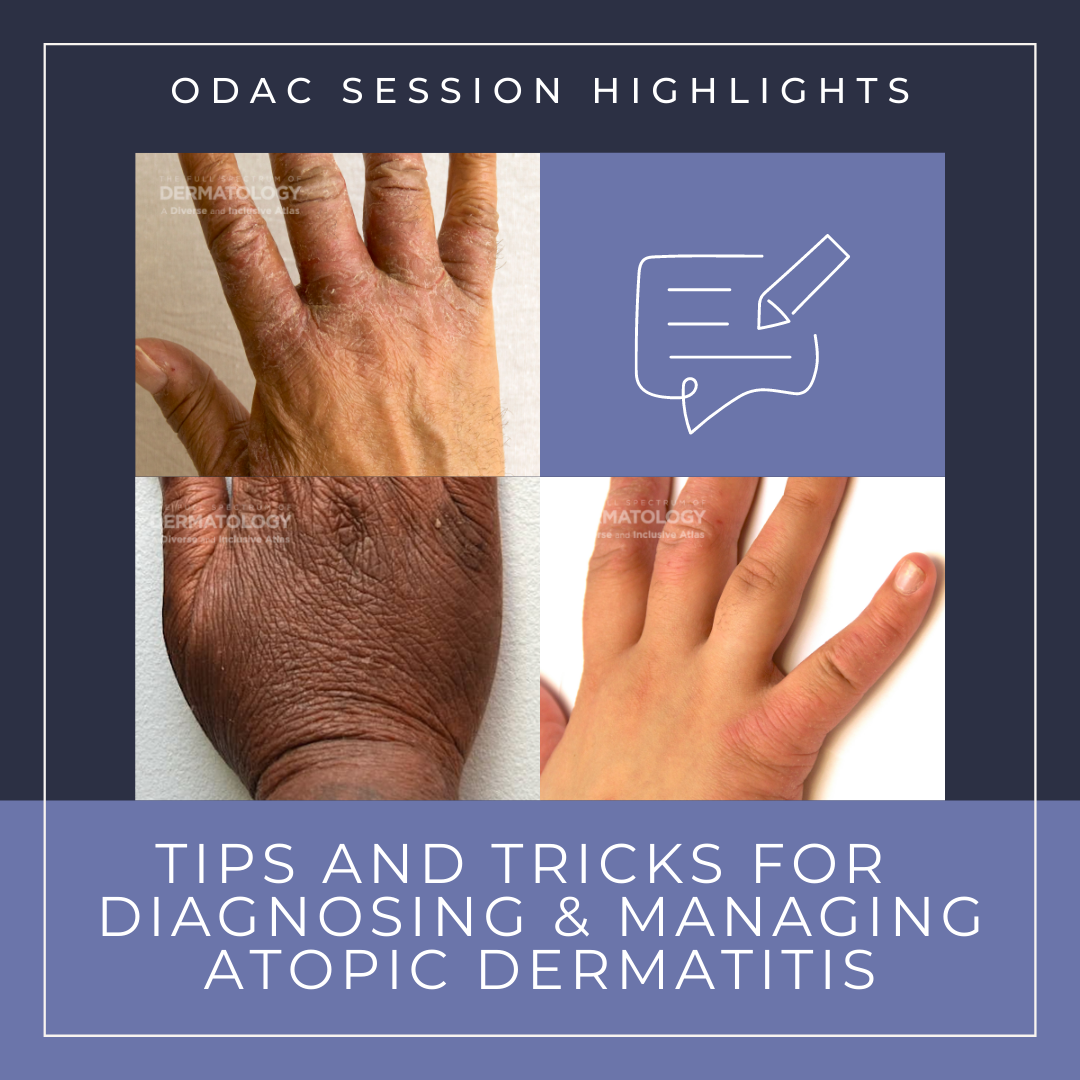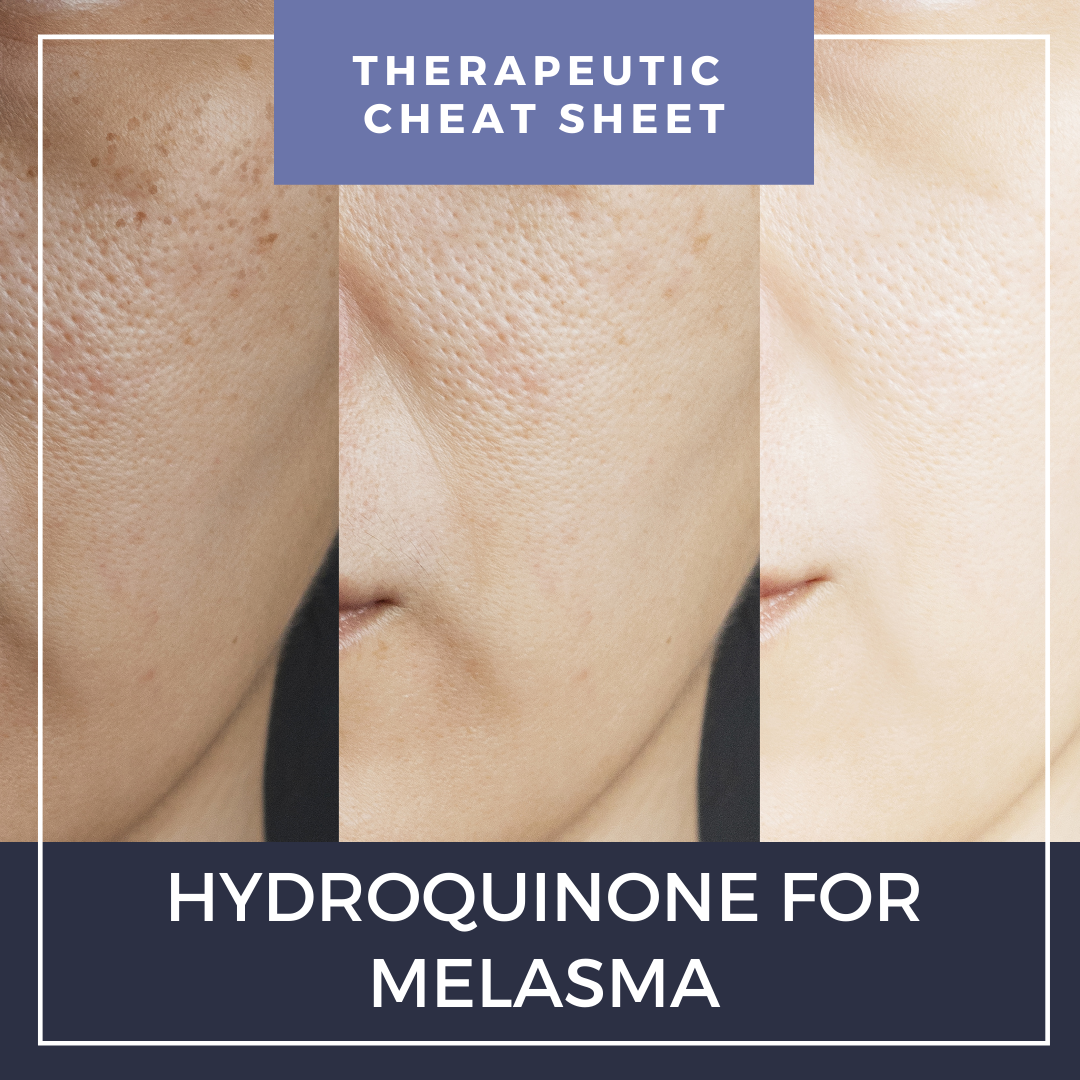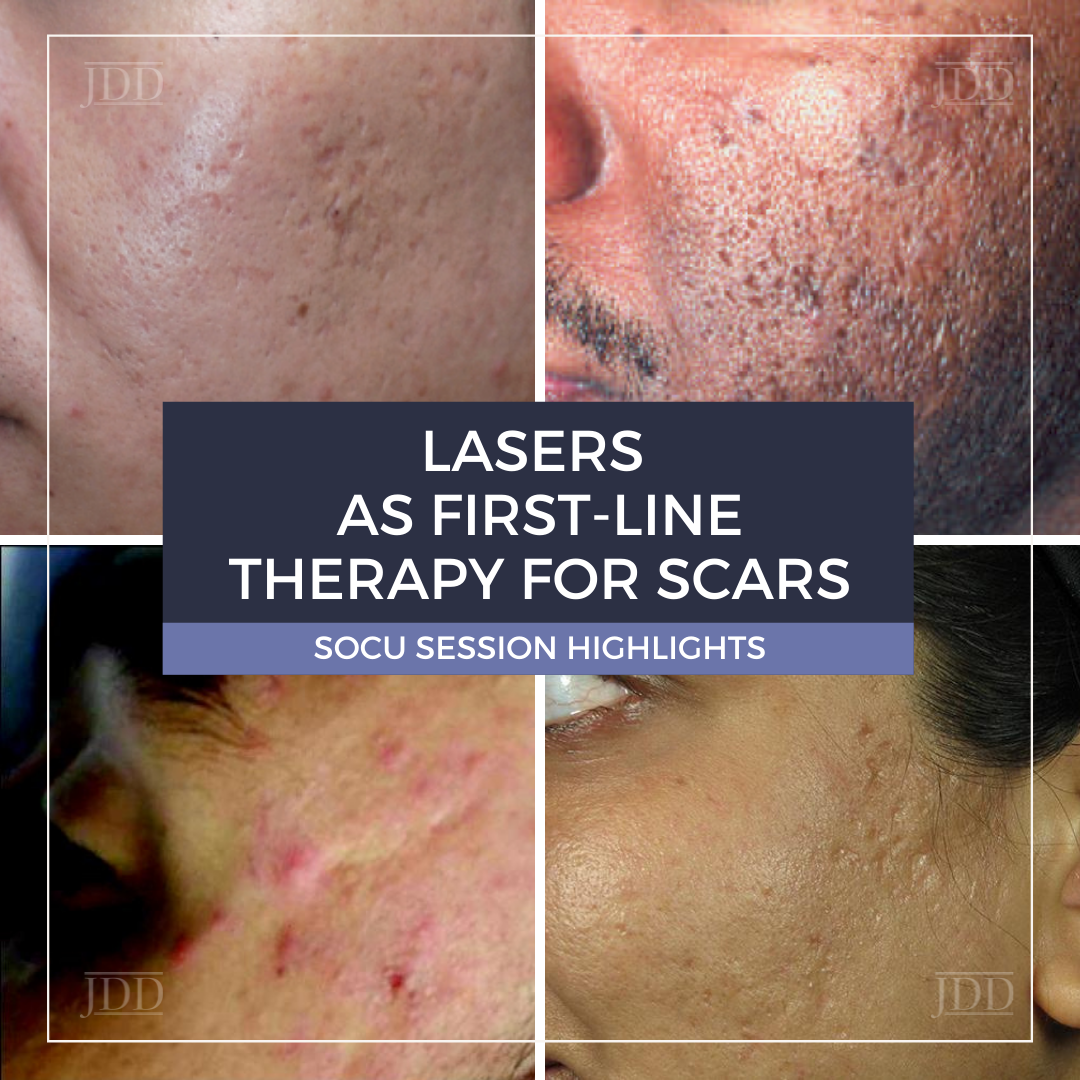Tips and Tricks for Diagnosing & Managing Atopic Dermatitis (AD)
 Atopic dermatitis is a heterogeneous, chronic inflammatory disease that affects upwards of 10% of children and 7% of adults in the United States. Despite being an incredibly common skin concern among patients, AD continues to pose diagnostic and treatment challenges to dermatologists.
What are some common misconceptions about AD?
AD always starts in childhood. FALSE. 25% of adults w …
Atopic dermatitis is a heterogeneous, chronic inflammatory disease that affects upwards of 10% of children and 7% of adults in the United States. Despite being an incredibly common skin concern among patients, AD continues to pose diagnostic and treatment challenges to dermatologists.
What are some common misconceptions about AD?
AD always starts in childhood. FALSE. 25% of adults w …
 Atopic dermatitis is a heterogeneous, chronic inflammatory disease that affects upwards of 10% of children and 7% of adults in the United States. Despite being an incredibly common skin concern among patients, AD continues to pose diagnostic and treatment challenges to dermatologists.
What are some common misconceptions about AD?
AD always starts in childhood. FALSE. 25% of adults w …
Atopic dermatitis is a heterogeneous, chronic inflammatory disease that affects upwards of 10% of children and 7% of adults in the United States. Despite being an incredibly common skin concern among patients, AD continues to pose diagnostic and treatment challenges to dermatologists.
What are some common misconceptions about AD?
AD always starts in childhood. FALSE. 25% of adults w … Continue reading "Tips and Tricks for Diagnosing & Managing Atopic Dermatitis (AD)"


 Next Steps in Derm, in partnership with ODAC Dermatology, Aesthetic and Surgical Conference, interviewed Dr. Mathew M. Avram (Director of the Mass General Dermatology Laser & Cosmetic Center and Director of Dermatologic Surgery at MGH, as well as Faculty Director for Procedural Training in Harvard Medical School's Dermatology Department), who discusses potential legal situations that may ari …
Next Steps in Derm, in partnership with ODAC Dermatology, Aesthetic and Surgical Conference, interviewed Dr. Mathew M. Avram (Director of the Mass General Dermatology Laser & Cosmetic Center and Director of Dermatologic Surgery at MGH, as well as Faculty Director for Procedural Training in Harvard Medical School's Dermatology Department), who discusses potential legal situations that may ari …  Hydroquinone is the most commonly used depigmentation agent and is a first-line treatment for melasma.1Hydroquinone was available previously in over-the-counter products and is currently available in prescription formulations with common concentration ranges of 0.4 to 5%. Prescription strengths available in the United States include hydroquinone 2% and 4% cream and hydroquinone 2% gel.2,3 In Septe …
Hydroquinone is the most commonly used depigmentation agent and is a first-line treatment for melasma.1Hydroquinone was available previously in over-the-counter products and is currently available in prescription formulations with common concentration ranges of 0.4 to 5%. Prescription strengths available in the United States include hydroquinone 2% and 4% cream and hydroquinone 2% gel.2,3 In Septe …  Some of the most rewarding patients to help in dermatology are those who struggle with keloids and scars. The field remains an area of active research, and we are continually learning about the pathogenesis and optimal treatment modalities of scars. On Day 1 of the 2021 Skin of Color Update virtual conference, we were fortunate to hear from Dr. Jill Waibel MD, a world-recognized leader and innovat …
Some of the most rewarding patients to help in dermatology are those who struggle with keloids and scars. The field remains an area of active research, and we are continually learning about the pathogenesis and optimal treatment modalities of scars. On Day 1 of the 2021 Skin of Color Update virtual conference, we were fortunate to hear from Dr. Jill Waibel MD, a world-recognized leader and innovat …  Next Steps in Derm, in partnership with ODAC Dermatology, Aesthetic and Surgical Conference, interviewed Dr. Vishal A. Patel, (fellowship trained Mohs micrographic surgeon who serves as Director of Cutaneous Oncology at the GW Cancer Center and Director of Dermatologic Surgery at the GW Department of Dermatology) about how Artificial Intelligence (AI) can help clinicians. Watch as he discusses A …
Next Steps in Derm, in partnership with ODAC Dermatology, Aesthetic and Surgical Conference, interviewed Dr. Vishal A. Patel, (fellowship trained Mohs micrographic surgeon who serves as Director of Cutaneous Oncology at the GW Cancer Center and Director of Dermatologic Surgery at the GW Department of Dermatology) about how Artificial Intelligence (AI) can help clinicians. Watch as he discusses A …